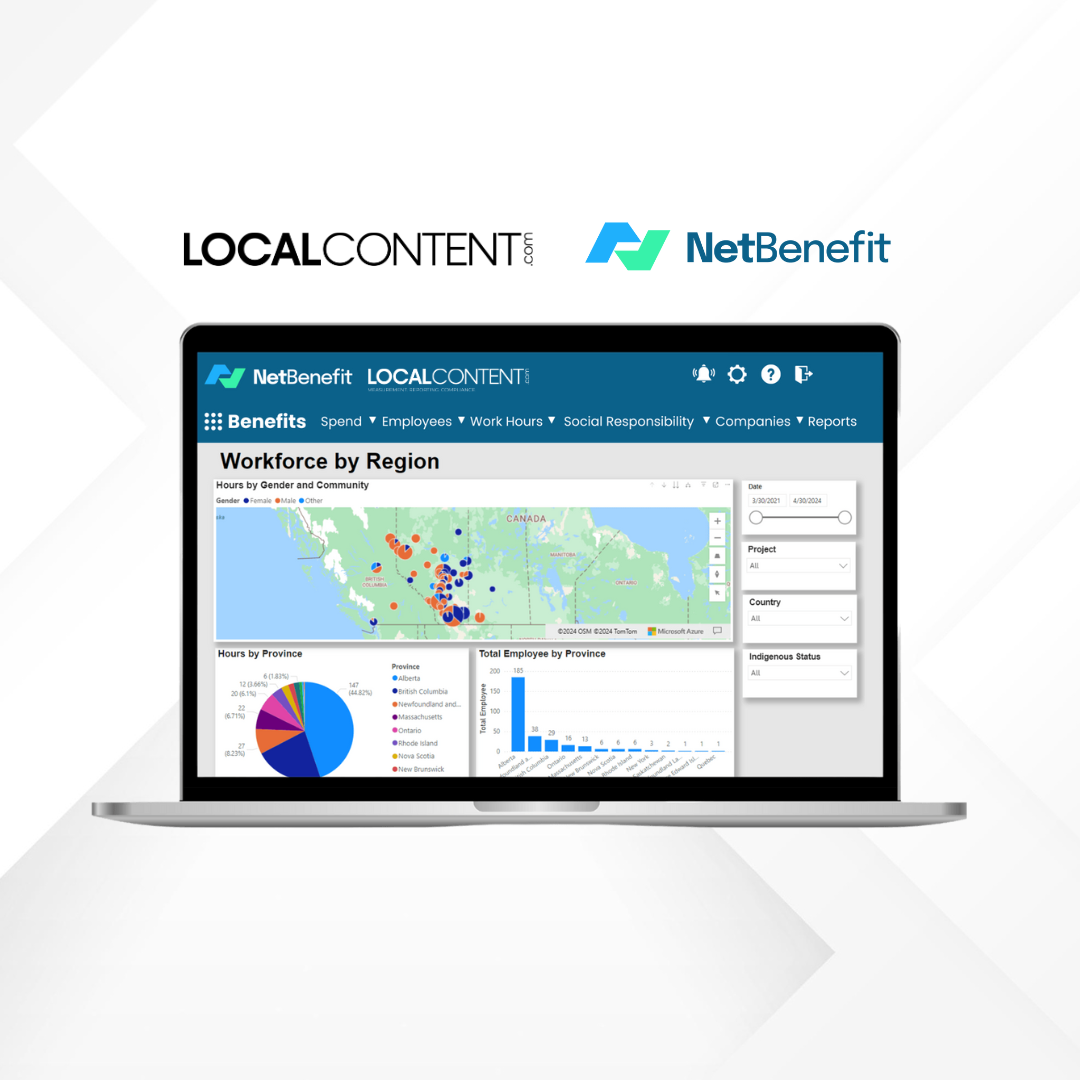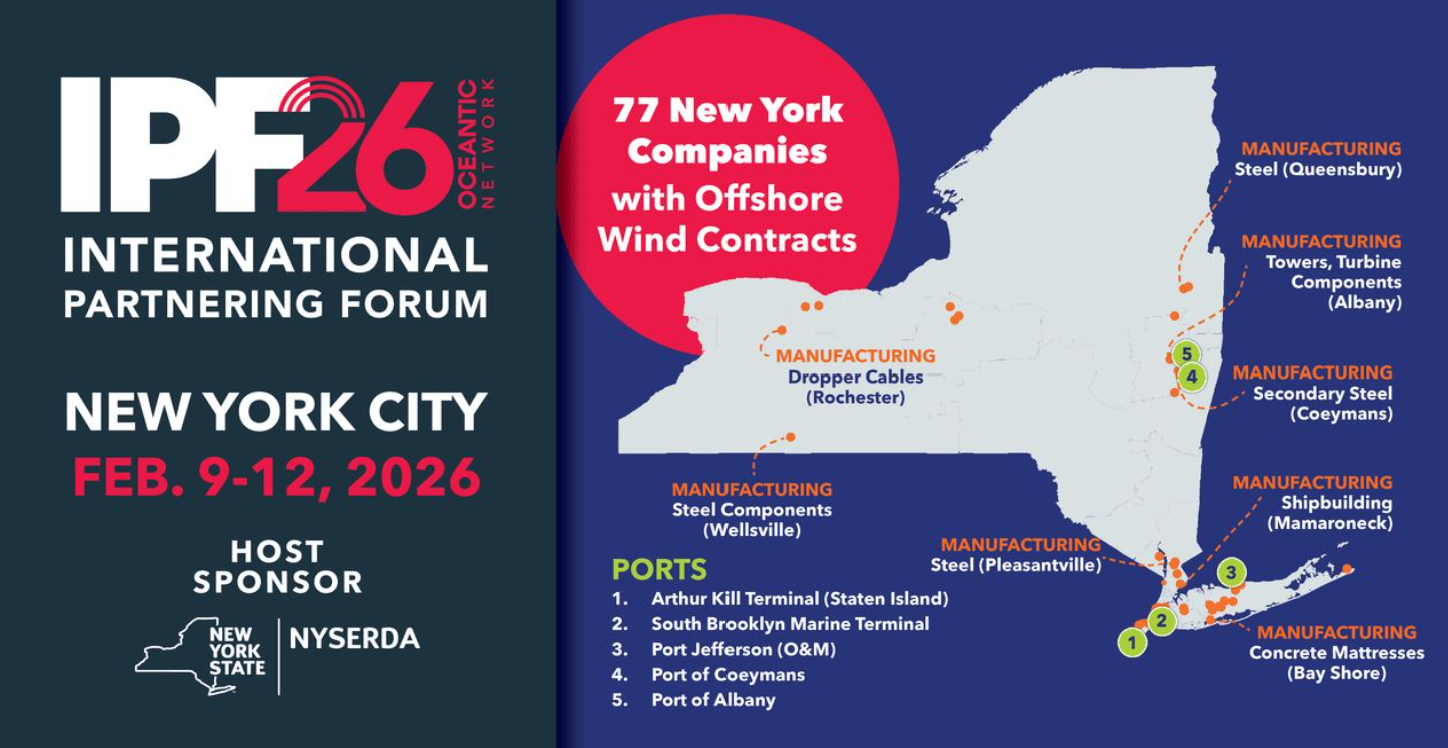San Francisco, California – As provisional winner of a lease area on the Outer Continental Shelf off California, Equinor continues to lead the way in growing the US’ offshore wind industry.
Five leases were offered by the Bureau of Ocean Energy Management (BOEM) in thefirst-ever offshore wind lease sale on the US west coast and the first-ever US sale to support commercial-scale floating offshore wind energy development opportunities. With a bid of USD 130 million for 80.062 acres in the Pacific Ocean, Equinor secured a ~2-gigawatt (GW) lease in the Morro Bay area that has the potential to generate enough energy to power ~750 000 US homes.
About two-thirds of America’s offshore wind energy potential is in deep waters. The narrow outer continental shelf running along the Pacific seaboard, drops down swiftly to 1,000 meters (3,280 feet) or more, opening up for new power opportunities for the west coast – floating offshore wind. As the world’s leading floating offshore wind operator and developer, Equinor looks forward to applying its experience to create a sustainable offshore wind industry in California.

Molly Morris, president of Equinor Wind US
(Photo: Arne Reidar Mortensen / Equinor)
Following regulatory approvals, the new lease will be added to Equinor’s existing US portfolio – which includes the Empire Wind and Beacon Wind projects on the US Northeast coast – and has the potential to generate a total capacity of at least 2 GW of renewable power for the West Coast.
“We are delighted to get the opportunity to explore the potential for producing even more renewable energy for the US, this time in the Pacific Ocean. The US West Coast is one of the most attractive growth regions for floating offshore wind in the world due to its favorable wind conditions and proximity to markets that need reliable, clean energy. Offshore wind on the west coast could help achieve the state’s clean energy goals, bolster renewable energy sources, and create new jobs and investments in California. The US is a key market for Equinor’s offshore wind activities and one where we aspire to be a leader in growing this new energy industry,” says Molly Morris, president of Equinor Wind US.

Pål Eitrheim, executive vice president of Renewables in Equinor
(Photo: Ole Jørgen Bratland / Equinor)
“Today’s announcement confirms Equinor’s floating leadership and strong commitment to deliver renewable energy to the US. It adds at least another potential 2 GW to our existing 3.3 GW US offshore wind portfolio. We were among the first movers into US offshore wind and are now one of the first movers into California, a market we believe will become a strategic floating market globally. We now have the scale needed to optimize value across our US and Asia-Pacific portfolio,” says Pål Eitrheim, executive vice president of Renewables in Equinor.

The Biden administration has set an offshore wind target of 30 GW by 2030 and 15 GW by 2035 in floating offshore wind capacity, that is well above 100 times more than what’s currently installed in floating around the world. The administration’s offshore wind target is complemented by state offshore wind policies and actions throughout the North Pacific. California has set an offshore wind target of up to 5 GW by 2030 and 25 GW floating offshore wind by 2045.
For more information:
Equinor
Magnus Frantzen Eidsvold
Media Relations
+47 97528604
For US media:
Lauren Shane
917 392 4252
About Equinor Renewables US
Equinor is one of the largest offshore wind developers in the U.S., where it operates two lease areas, Empire Wind and Beacon Wind. Together, Empire Wind 1, Empire Wind 2 and Beacon Wind 1 will provide New York State with 3.3 gigawatts (GWs) of energy —enough to power nearly two million homes—including more than 2 GWs from Empire Wind 1 and 2 and 1.230 GW from Beacon Wind 1.
Equinor’s ambition is to be a leading company in the energy transition. By 2030, the company aims to develop profitable growth in renewables and install 12-16 GW renewables capacity.










